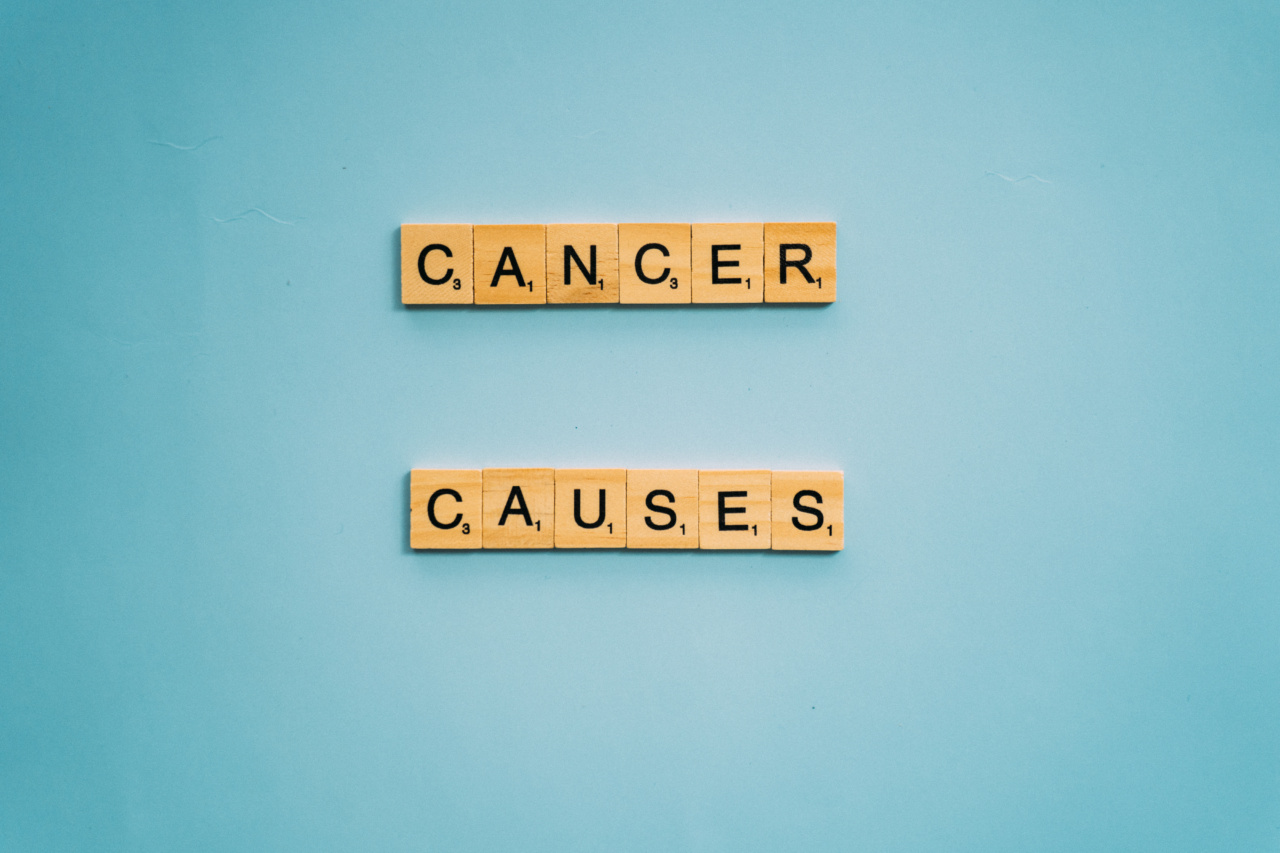Colon cancer, also known as colorectal cancer, is one of the most common types of cancer worldwide. It develops from abnormal growths called polyps in the lining of the colon or rectum.
While several risk factors contribute to the development of colon cancer, including genetic predisposition, age, and diet, recent research suggests a potential link between inflammation and the initiation, growth, and progression of colon cancer. In this article, we explore the intricate cause-effect relationship between inflammation and colon cancer and delve into the impact of chronic inflammation, the role of inflammatory markers, and potential preventive measures.
The Link between Inflammation and Colon Cancer
Chronic inflammation, a persistent inflammatory response in the body, has been implicated in various diseases, including cancer. In the case of colon cancer, chronic inflammation appears to play a significant role in several stages of tumor development.
Although the exact mechanisms underlying this relationship are still being studied, research has identified various inflammatory mediators and pathways that contribute to the progression of colon cancer.
Inflammatory Markers and Their Role
Several inflammatory markers are routinely measured to assess the presence and extent of inflammation in the body. These markers include C-reactive protein (CRP), interleukin-6 (IL-6), tumor necrosis factor-alpha (TNF-α), and prostaglandin E2 (PGE2).
Elevated levels of these markers have been observed in individuals with colon cancer, indicating the presence of chronic inflammation. Furthermore, studies have suggested a correlation between the levels of these inflammatory markers and the aggressiveness of colon cancer, indicating their prognostic significance.
The Impact of Chronic Inflammation on Colon Cancer
Chronic inflammation affects various aspects of colon cancer progression, from the initiation of malignant transformation to the growth and metastasis of tumors.
Studies have shown that chronic inflammation can influence the DNA damage and repair mechanisms within the colonic epithelial cells, leading to the accumulation of genetic alterations and the initiation of cancerous growth. Moreover, inflammatory cells secrete cytokines and growth factors that promote cell proliferation, angiogenesis, and tissue remodeling, facilitating the growth and invasion of cancer cells.
Inflammatory Pathways and Signaling Molecules
Several pathways and signaling molecules have been identified as key players in the inflammation-associated development of colon cancer.
One such pathway is the nuclear factor-kappa B (NF-κB) pathway, which regulates the expression of genes involved in cell survival, proliferation, and inflammation. NF-κB activation promotes the production of pro-inflammatory cytokines and chemokines, contributing to the chronic inflammatory microenvironment conducive to tumor growth.
Similarly, the cyclooxygenase-2 (COX-2)/prostaglandin E2 (PGE2) pathway is involved in inflammation-associated colon cancer, as elevated levels of COX-2 and PGE2 have been observed in colon tumors and premalignant polyps.
Preventive Measures to Reduce Inflammation and Lower Colon Cancer Risk
Given the established link between inflammation and colon cancer, adopting preventive measures to reduce inflammation in the body may help lower the risk of developing this malignancy.
Here are some strategies that may help mitigate chronic inflammation and potentially reduce the risk of colon cancer:.
- Adopting a healthy and balanced diet rich in fruits, vegetables, whole grains, and lean proteins.
- Regular physical activity, which has been shown to reduce systemic inflammation.
- Maintaining a healthy weight and avoiding obesity, as excess body fat can lead to chronic inflammation.
- Avoiding smoking and limiting alcohol consumption, which are known to promote inflammation and increase cancer risk.
- Managing stress levels through relaxation techniques, exercise, and other stress-reduction strategies.
- Following recommended screening guidelines for colon cancer, such as regular colonoscopies, to detect early-stage tumors or polyps.
- Taking medications or supplements recommended by a healthcare professional to reduce inflammation, if required.
Conclusion
The relationship between inflammation and colon cancer is complex and multifaceted. Chronic inflammation appears to contribute significantly to the initiation and progression of colon cancer.
Inflammatory markers and pathways play a crucial role in the tumorigenic process, promoting cell proliferation, angiogenesis, and genetic alterations that drive cancer growth. By adopting preventive measures, such as a healthy lifestyle and regular screenings, individuals can potentially mitigate chronic inflammation and reduce their risk of developing colon cancer.






























